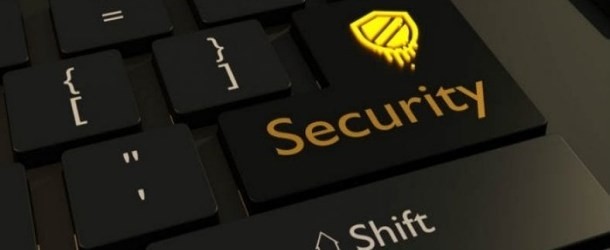Cybersecurity Implications of Quantum Computing

(Forbes) Quantum computing, and prosaic quantum technology, may transform cybersecurity in four areas:
1. Quantum random number generation is fundamental to cryptography. Conventional random number generators typically rely on algorithms known as pseudo-random number generators, which are not truly random and thus potentially open to compromise. Companies such as Quantum Dice and IDQuantique are developing quantum random number generators that utilize quantum optics to generate sources of true randomness.
2. Quantum-secure communications, specifically quantum key distribution (QKD). Sharing cryptographic keys between two or more parties to allow them to privately exchange information is at the heart of secure communications. QKD utilizes aspects of quantum mechanics to enable the completely secret exchange of encryption keys and can even alert to the presence of an eavesdropper. QKD is currently limited to fiber transmission over 10s of kilometers, with proofs of concept via satellite over several thousand kilometers. KETS Quantum Security and Toshiba are two pioneers in this field.
3. The most controversial application of QC is its potential for breaking public-key cryptography, specifically the RSA algorithm, which is at the heart of the nearly $4 trillion ecommerce industry. It would take a classical computer trillions of years to break RSA encryption. A quantum computer with around 4,000 error-free qubits could defeat RSA in seconds. However, this would require closer to 1 million of today’s noisy qubits. The world’s largest quantum computer is currently less than 100 qubits; however, IBM and Google have road maps to achieve 1 million by 2030.
Additionally, highly sensitive financial and national security data is potentially susceptible to being stolen today — only to be decrypted once a sufficiently powerful quantum computer becomes available. The potential threat to public-key cryptography has engendered the development of algorithms that are invulnerable to quantum computers. Companies like PQShield are pioneering this post-quantum cryptography.
4. Machine learning has revolutionized cybersecurity, enabling novel attacks to be detected and blocked. The cost of training deep models grows exponentially as data volumes and complexity increase. The emerging field of quantum machine learning may enable exponentially faster, more time- and energy-efficient machine learning algorithms. This, in turn, could yield more effective algorithms for identifying and defeating novel cyberattack methods.
NOTE: This a lengthy article by Paul Lipman, who has worked in cybersecurity for 10+ years. He provides a lengthy discussion describing quantum technology and the fundamentals of quantum technology before moving to cybersecurity implications. IQT-News has summarized here.





















